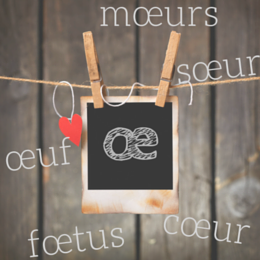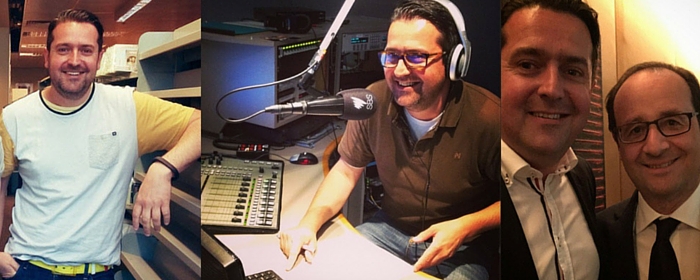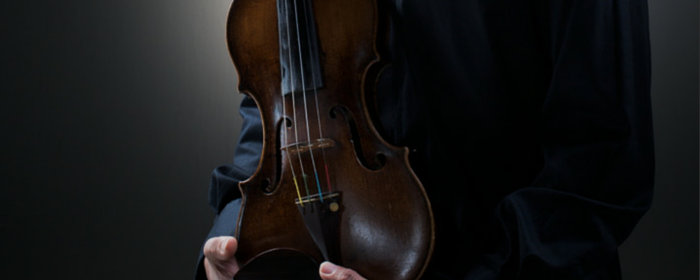What do French people do on Bastille Day? What do you wish French people on Bastille Day? As France celebrated its national holiday just a few days ago, learn what historical events are behind it and increase your French vocabulary! This episode is also packed with personal memories related to Bastille Day ;-) Vocabulary and Spelling of the French Words mentioned in this episode le 14 juillet, la Fête Nationale = Bastille Day la prise de la Bastille = Storming of the Bastille in short, what happened: le Tiers État = Third Estate Le clergé = clergy La noblesse = the nobility Un jour … Read More →






